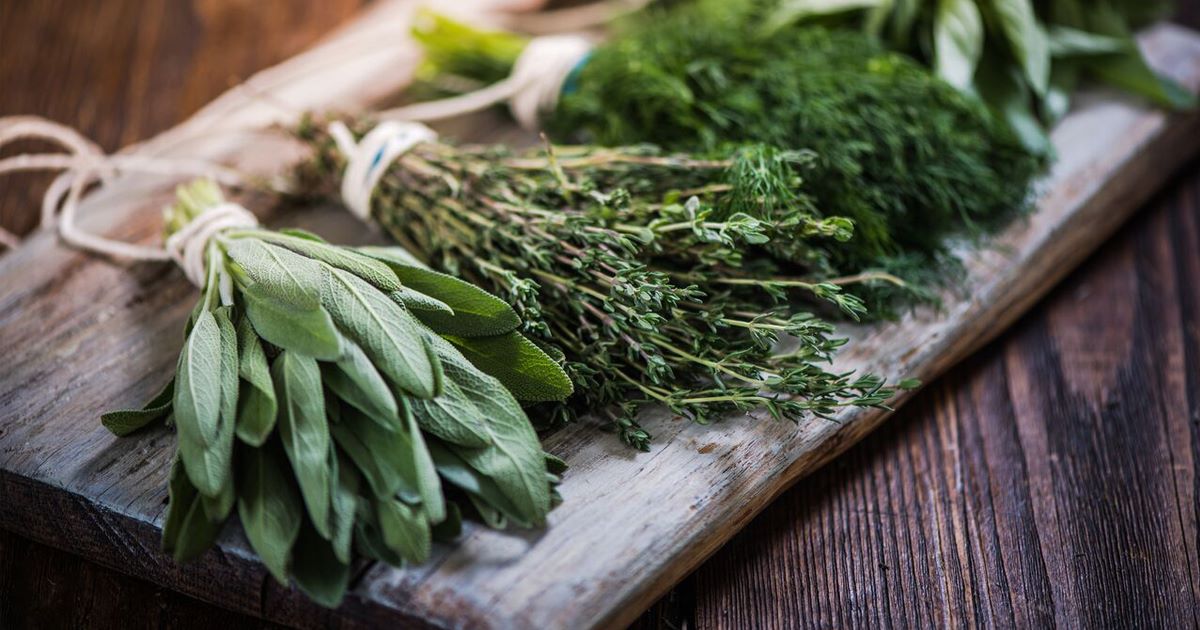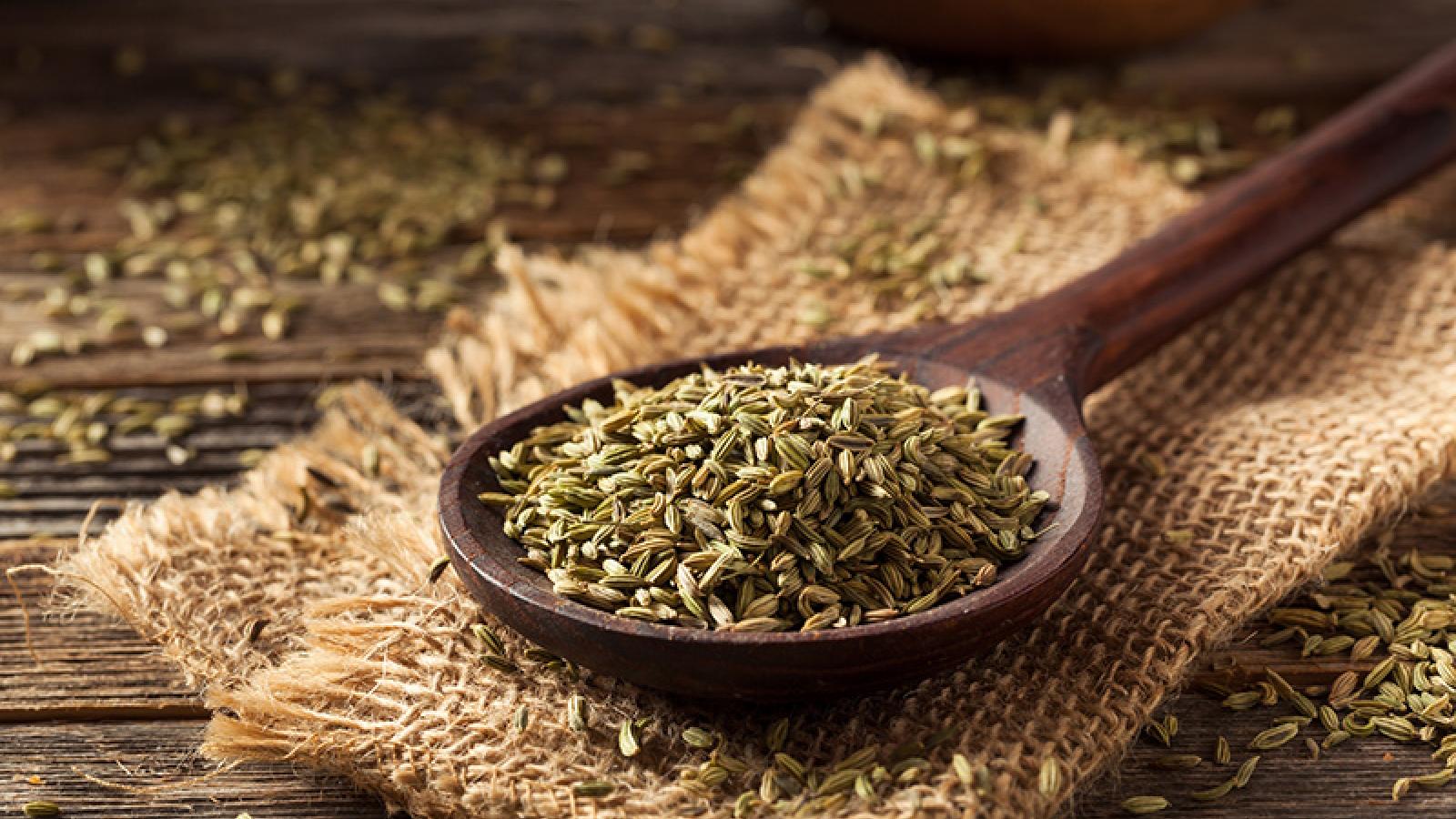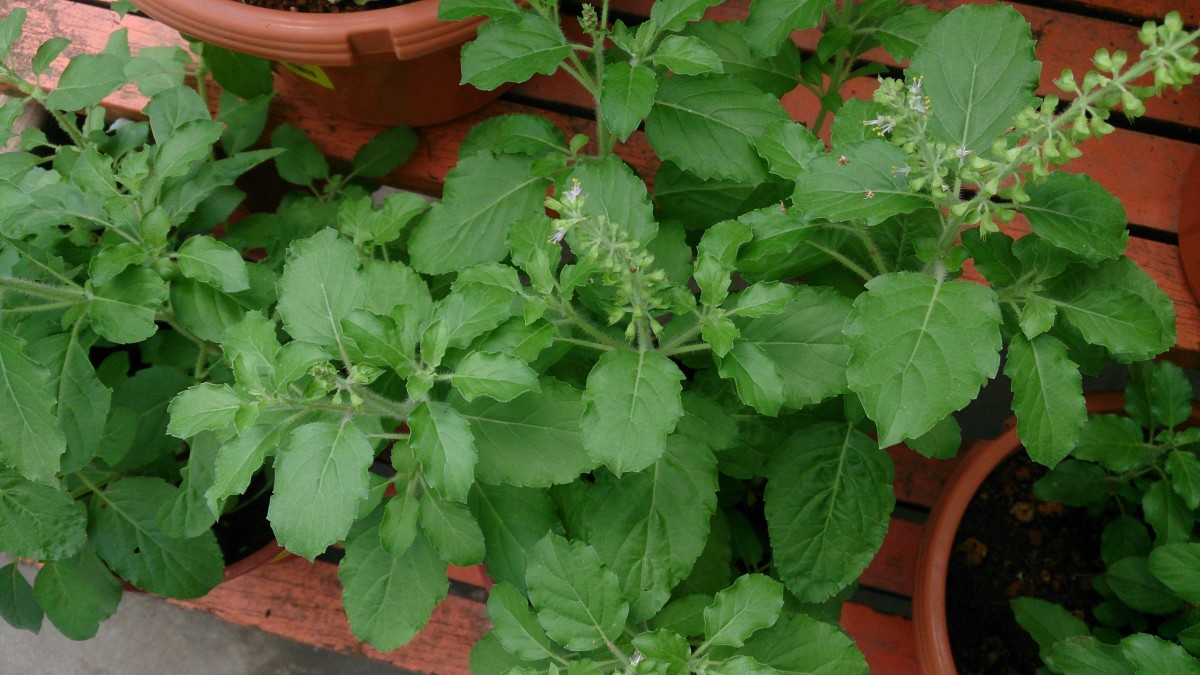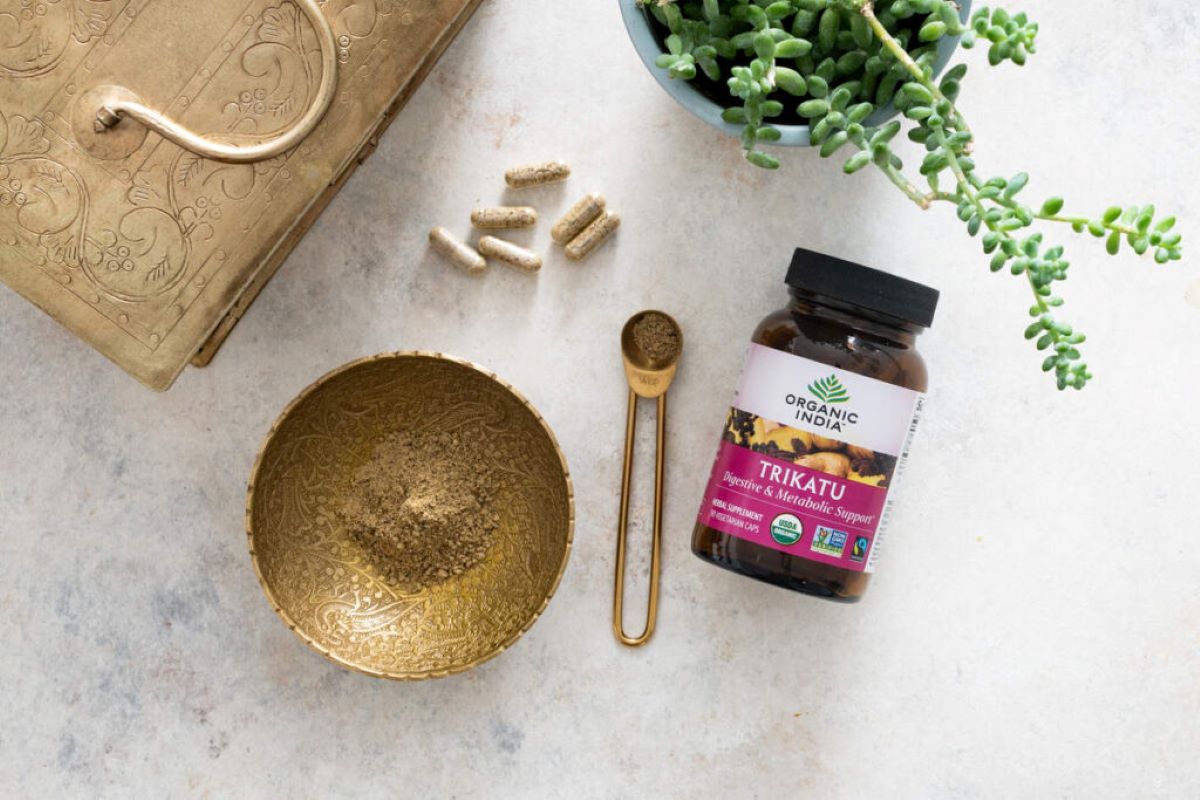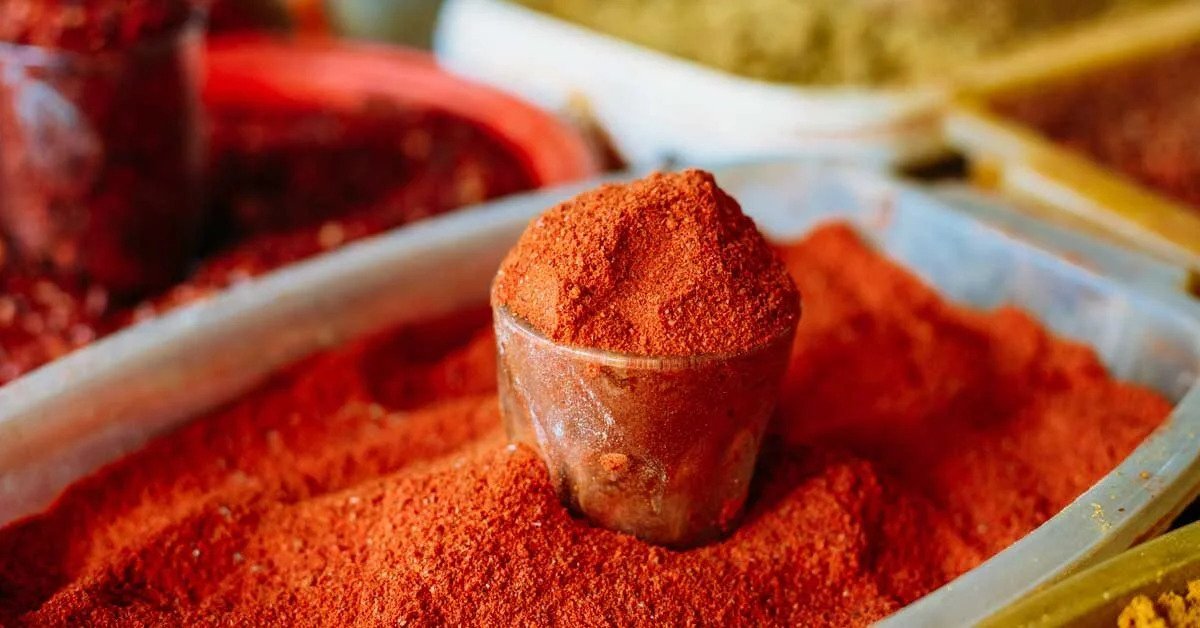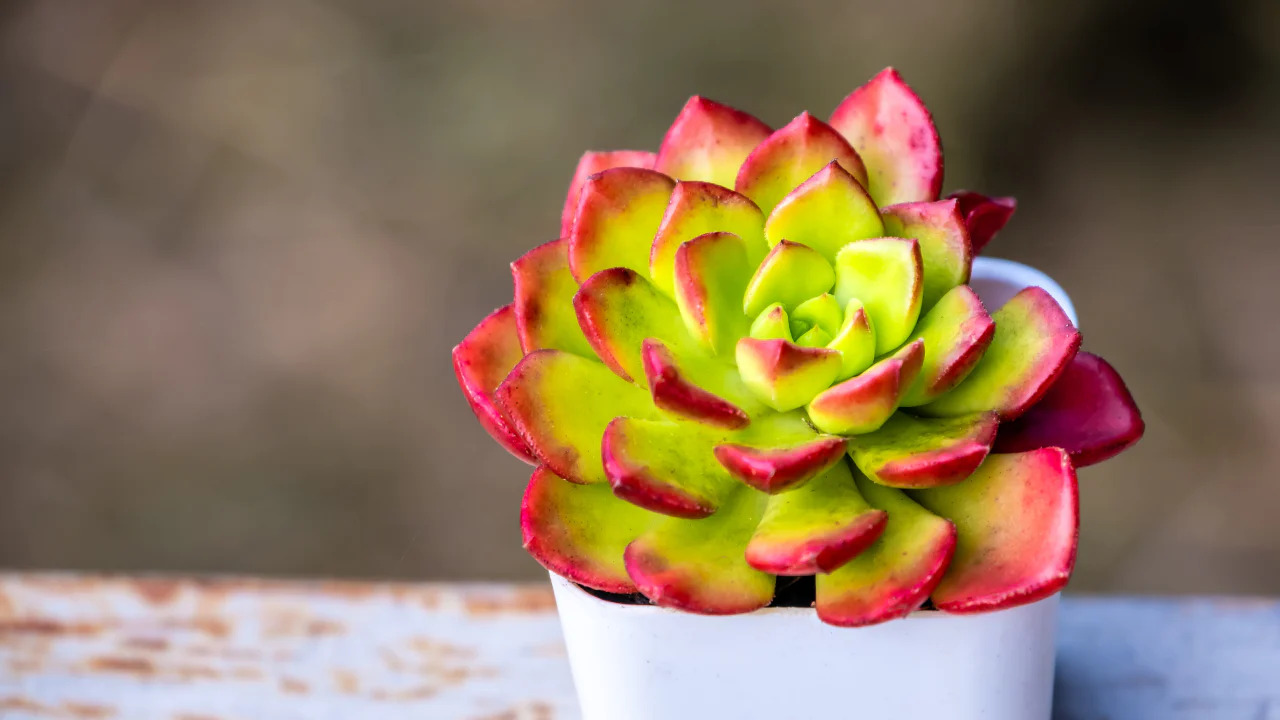Home>Gardening News and Trends>Gardening Trends>What Herbs Are Good For Stress
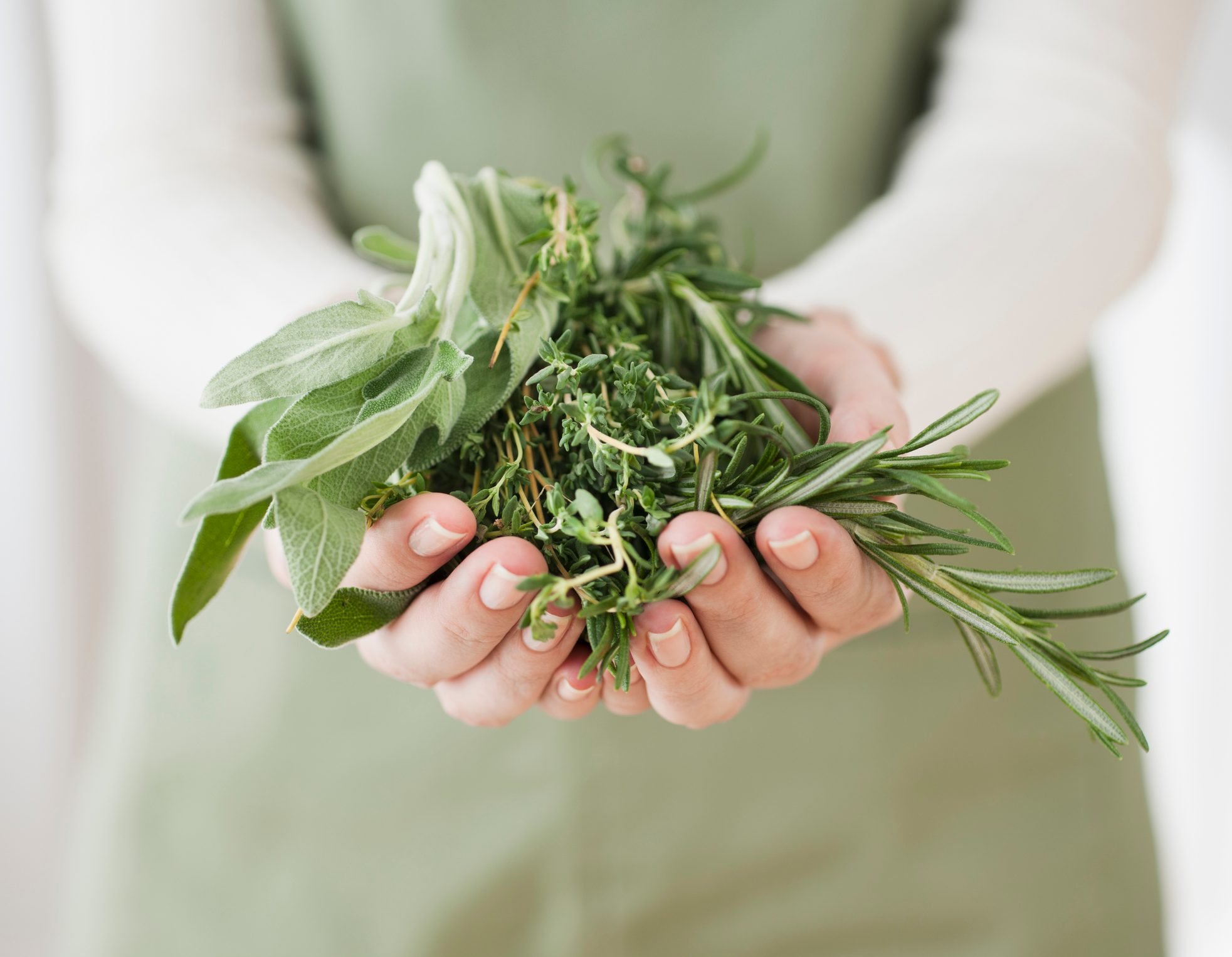

Gardening Trends
What Herbs Are Good For Stress
Published: September 29, 2023
Discover the latest gardening trends and learn about the powerful herbs that can help reduce stress and promote well-being. Improve your garden and your mental health today!
(Many of the links in this article redirect to a specific reviewed product. Your purchase of these products through affiliate links helps to generate commission for Chicagolandgardening.com, at no extra cost. Learn more)
Table of Contents
Introduction
Stress is an inevitable part of our lives, and finding healthy ways to manage it is crucial for our overall well-being. While there are various strategies to combat stress, one effective approach is incorporating herbs into our daily routine. Herbs have been used for centuries for their medicinal properties, and many of them can help calm the mind, promote relaxation, and reduce stress levels.
In this article, we will explore some of the best herbs known for their stress-relieving properties. From the soothing chamomile to the uplifting lavender, these herbs offer natural and gentle solutions to help you find a sense of calm in your hectic life. We will delve into their benefits, usage, and possible side effects, allowing you to make informed decisions about incorporating these remedies into your own self-care routine.
However, it’s important to note that while herbs can be helpful for managing stress, they are not a substitute for professional medical advice. If you have severe or chronic stress symptoms, it’s essential to consult with a healthcare professional to determine the best course of action for your specific needs.
Now, let’s dive into the wonderful world of herbs and discover the natural remedies that can help alleviate stress and promote a sense of well-being.
Chamomile
Chamomile is a popular herb widely known for its soothing properties and its ability to promote relaxation. This gentle herb, with its delicate flowers and aromatic scent, has been used for centuries in traditional medicine to help calm the mind and reduce stress levels.
One of the key compounds found in chamomile is apigenin, which acts as a natural sedative and helps to promote sleep. By reducing anxiety and inducing a sense of calmness, chamomile can be highly effective in alleviating stress and improving overall well-being.
Chamomile can be consumed as a tea, which is a popular and convenient way to enjoy its benefits. Simply steep a few dried chamomile flowers in hot water for a few minutes, and then strain the mixture. You can add honey or lemon to enhance the flavor. Sipping on chamomile tea before bedtime can help relax the body and mind, promoting a more restful sleep.
Aside from its calming properties, chamomile also offers antioxidant and anti-inflammatory benefits. It can help soothe digestive issues, reduce menstrual cramps, and alleviate skin irritations. These additional benefits contribute to an overall sense of well-being, making chamomile a versatile herb for stress relief.
It’s important to note that while chamomile is generally safe for most people, some individuals may experience allergic reactions, especially if they have pre-existing allergies to related plants like ragweed or daisies. Additionally, if you are taking any medications or have specific health conditions, it’s advisable to consult with a healthcare professional before incorporating chamomile into your routine.
Overall, chamomile is a gentle and effective herb for managing stress and promoting relaxation. Incorporating it into your daily routine, whether through tea or other forms such as essential oils or supplements, can be a wonderful way to find moments of tranquility in your busy life.
Lavender
Lavender is a versatile herb known for its beautiful purple flowers and calming aroma. It is widely used for its stress-relieving properties and has been a staple in traditional medicine for centuries.
The scent of lavender has a soothing effect on the mind and can help promote relaxation and reduce anxiety. Inhaling the aroma of lavender essential oil or using lavender-infused products, such as candles or bath oils, can create a serene atmosphere that aids in stress reduction.
Besides its aromatic benefits, lavender also contains compounds that have been found to have a direct impact on the body’s stress response. Research suggests that lavender can help regulate the neurotransmitter GABA, which has a calming effect on the nervous system. This can contribute to a sense of overall well-being and reduced stress levels.
One of the most popular ways to enjoy the benefits of lavender is through aromatherapy. Adding a few drops of lavender essential oil to a diffuser or pillow can create a calming environment, perfect for unwinding after a long day. You can also incorporate lavender teas or sachets into your routine to reap the herb’s calming effects.
It’s worth noting that lavender is generally safe for most people when used in moderation. However, some individuals may experience allergic reactions or skin irritation, so it’s advisable to do a patch test before applying lavender essential oil directly to the skin. Additionally, if you are pregnant, breastfeeding, or have specific health conditions, it’s best to consult with a healthcare professional before using lavender as a stress relief remedy.
Incorporating lavender into your daily routine can be a delightful way to bring moments of tranquility and relaxation into your life. Whether it’s through aromatherapy, herbal teas, or personal care products, this versatile herb is sure to provide a sense of calm and serenity in your journey to manage stress.
Lemon Balm
Lemon balm, also known as Melissa officinalis, is a fragrant herb from the mint family that has been used for centuries to promote relaxation and reduce stress. Its fresh lemony scent and bright green leaves make lemon balm a popular choice for herbal remedies.
Lemon balm contains compounds that interact with the GABA receptors in the brain, which help to calm the nervous system and reduce anxiety. As a result, it can be an effective herb for managing stress and promoting a sense of calmness.
One of the most common ways to enjoy the benefits of lemon balm is through herbal tea. Simply steeping a handful of fresh lemon balm leaves or dried lemon balm in hot water for a few minutes can create a comforting and soothing beverage. Adding a touch of honey or lemon to the tea can enhance the flavor and provide additional relaxation benefits.
Aside from its calming properties, lemon balm also offers antioxidant and anti-inflammatory effects. It can help improve sleep quality, relieve indigestion and bloating, and even enhance cognitive function. These additional benefits make lemon balm a versatile herb for overall well-being.
While lemon balm is generally safe for most people, it’s important to note that it can interact with certain medications, such as thyroid medications and sedatives. If you are currently taking any medications or have specific health conditions, it’s advisable to consult with a healthcare professional before incorporating lemon balm into your routine.
Incorporating lemon balm into your daily routine can be a refreshing way to find moments of tranquility and ease stress. Whether you enjoy it as a tea, incorporate it into recipes, or use it as an essential oil, lemon balm can provide a natural and gentle remedy for managing stress and promoting relaxation.
Ashwagandha
Ashwagandha, also known as Withania somnifera, is an adaptogenic herb with a long history of use in traditional Ayurvedic medicine. It is renowned for its ability to help the body cope with stress and promote overall well-being.
Ashwagandha works by regulating the body’s stress response and balancing cortisol levels, the hormone associated with stress. This adaptogen helps to reduce anxiety, improve mood, and enhance mental clarity, making it a valuable herb for managing stress.
One of the key components of ashwagandha is withanolides, which possess anti-inflammatory properties and support the body’s resilience to stressors. These compounds help the body adapt to physical, mental, and emotional challenges, allowing for a more balanced and stress-free state.
Ashwagandha is typically taken in supplement form, allowing for a more concentrated dosage. It is available as capsules, powders, or tinctures, and should be taken according to the recommended dosage instructions. It’s important to note that ashwagandha may interact with certain medications, such as sedatives or thyroid medications, so it’s advisable to consult with a healthcare professional before incorporating it into your routine.
While ashwagandha is generally considered safe for most people, some individuals may experience mild side effects, such as gastrointestinal discomfort or drowsiness. It’s always best to start with a low dosage and gradually increase it to assess your body’s response.
Incorporating ashwagandha into your daily routine can be an effective way to combat stress and promote overall well-being. Whether you choose to use it as a supplement or incorporate it into recipes, this powerful adaptogenic herb can help you find balance and resilience in your busy life.
Passionflower
Passionflower, or Passiflora incarnata, is a beautiful and intriguing herb known for its calming and sedative effects. It has been traditionally used to treat anxiety, insomnia, and restlessness, making it an excellent herb for stress relief.
The active compounds found in passionflower, such as flavonoids and alkaloids, have been shown to have anxiolytic properties. These compounds enhance the production of gamma-aminobutyric acid (GABA), a neurotransmitter that helps regulate anxiety and promote relaxation.
Passionflower is commonly consumed as a tea or taken in the form of capsules or tinctures. Passionflower tea is made by steeping the dried herb in hot water for about 10-15 minutes. The soothing tea can be enjoyed in the evening to promote relaxation and improve sleep quality.
It’s important to note that passionflower is generally considered safe for most people when used in recommended doses. However, it may cause drowsiness, so it’s advisable to avoid operating machinery or driving after consuming passionflower products.
If you are pregnant, nursing, or taking medications, it is always best to consult with a healthcare professional before incorporating passionflower into your routine.
In addition to its stress-relieving properties, passionflower also offers other health benefits. It has been shown to have antispasmodic properties, making it useful for alleviating muscle tension and menstrual cramps. It may also have positive effects on sleep quality and digestive health.
If you’re looking for a natural remedy to help reduce stress and promote relaxation, passionflower can be a fantastic choice. Adding this beautiful herb to your routine can provide you with a sense of tranquility and support your overall well-being.
Valerian Root
Valerian root, scientifically known as Valeriana officinalis, is a herb with a long history of use as a natural remedy for anxiety, insomnia, and stress. Its sedative properties make it a popular choice for promoting relaxation and improving sleep quality.
The key active compounds in valerian root, including valerenic acid and valerenol, interact with the GABA receptors in the brain, helping to calm the nervous system and reduce anxiety. This makes valerian root an effective herb for managing stress and promoting a sense of calmness.
Valerian root is often consumed as a tea, but it is also available in capsules, liquid extracts, or as an ingredient in sleep aid supplements. When brewed as a tea, valerian root can have a strong and distinctive aroma. It’s best to steep the dried valerian root in hot water for about 10-15 minutes to extract its beneficial compounds.
It’s worth noting that valerian root is generally safe for short-term use, but it should not be used continuously for extended periods of time without consulting a healthcare professional. Additionally, valerian root may cause drowsiness, so it’s advisable to avoid activities that require alertness after consuming valerian root products.
If you are pregnant, nursing, or taking medications, it’s important to consult with a healthcare professional before using valerian root as a stress relief remedy.
Aside from its calming effects, valerian root may also have other health benefits. It has been used to alleviate symptoms associated with menopause, reduce migraines and headaches, and relieve muscle tension and spasms.
If you’re seeking a natural and gentle way to combat stress and promote relaxation, valerian root can be a valuable addition to your self-care routine. Whether you choose to enjoy it as a tea or use it in a supplemental form, valerian root can help you find moments of tranquility and improve your overall well-being.
Rhodiola rosea
Rhodiola rosea, also known as “golden root” or “Arctic root,” is an adaptogenic herb that has been used for centuries to help the body cope with stress and promote overall well-being. It is native to the mountainous regions of Europe, Asia, and North America.
Rhodiola rosea contains several bioactive compounds, including rosavins and salidroside, which have been shown to have stress-reducing and mood-enhancing effects. These compounds help regulate the body’s stress response, decrease fatigue, and improve cognitive function.
One of the key benefits of Rhodiola rosea is its ability to increase the production of serotonin, dopamine, and norepinephrine, which are neurotransmitters involved in mood regulation. This can result in an uplifted mood, reduced anxiety, and improved overall mental well-being.
It is commonly taken in supplement form, usually as a standardized extract. The recommended dosage varies depending on the specific product, so it’s important to follow the instructions and consult with a healthcare professional if needed.
Rhodiola rosea is generally safe for most people when taken at the recommended dosage. However, it may interact with certain medications, such as antidepressants or blood thinners, so it’s important to consult with a healthcare professional before incorporating it into your routine.
In addition to its stress-relieving properties, Rhodiola rosea may also provide other benefits such as improving exercise performance, boosting immune function, and increasing mental clarity and focus.
If you’re looking for a natural remedy to help manage stress and enhance your overall well-being, Rhodiola rosea may be worth considering. Incorporating this adaptogenic herb into your routine can help you better cope with daily stressors and promote a sense of balance and resilience.
Holy Basil
Holy basil, also known as Tulsi, is a sacred herb in Ayurvedic medicine and has been used for centuries to promote overall well-being and manage stress. It is highly regarded for its adaptogenic and antioxidant properties.
Holy basil contains compounds like eugenol, rosmarinic acid, and ocimarin, which have been shown to have anti-inflammatory and anxiolytic effects. These compounds help the body cope with stress and reduce anxiety, promoting a sense of calmness.
Traditionally, holy basil has been consumed as a tea, made by steeping fresh or dried leaves in hot water. The tea has a unique and pleasant flavor that is both refreshing and soothing. Enjoying a cup of holy basil tea can be a relaxing ritual to incorporate into your daily routine.
In addition to its stress-relieving properties, holy basil is also known to support the immune system, improve respiratory health, and enhance digestion. It has also been studied for its potential anti-inflammatory and anti-cancer properties.
Holy basil is generally safe for most people when consumed in moderation. However, it may interact with certain medications, such as blood thinners or diabetes medications, so it’s advisable to consult with a healthcare professional before incorporating it into your routine.
Whether you choose to drink holy basil tea or incorporate it into your meals, this sacred herb can provide a natural and gentle way to manage stress and promote overall well-being. Embracing the healing properties of holy basil can help you find moments of peace and tranquility in your busy life.
Conclusion
Incorporating herbs into your daily routine can be a powerful way to manage stress and promote a sense of well-being. Chamomile, lavender, lemon balm, ashwagandha, passionflower, valerian root, Rhodiola rosea, and holy basil are just a few of the herbs that have been shown to have stress-relieving properties.
These herbs work in various ways to help calm the mind, reduce anxiety, and restore balance to the body. Whether it’s the soothing chamomile tea before bedtime, the calming aroma of lavender, or the adaptogenic benefits of ashwagandha, each herb offers its unique properties to support your journey towards stress reduction.
It’s important to remember that while herbs can be a valuable tool in managing stress, they are not a substitute for professional medical advice. If you have severe or chronic stress symptoms, it’s essential to consult with a healthcare professional to determine the best course of action for your specific needs.
When incorporating herbs into your routine, it’s also important to be aware of any potential interactions with medications or underlying health conditions. Always consult with a healthcare professional if you have any concerns or questions.
By embracing the power of herbs, you can create a natural and holistic approach to stress management. Whether you sip on a cup of chamomile tea, diffuse lavender essential oil, or take ashwagandha supplements, these herbs can provide moments of calm and relaxation in your daily life.
So, take a step towards self-care and explore the world of herbs. Discover the ones that resonate with you and experiment with different methods of incorporating them into your routine. Allow the healing power of nature to support you on your journey towards a more balanced and stress-free life.

